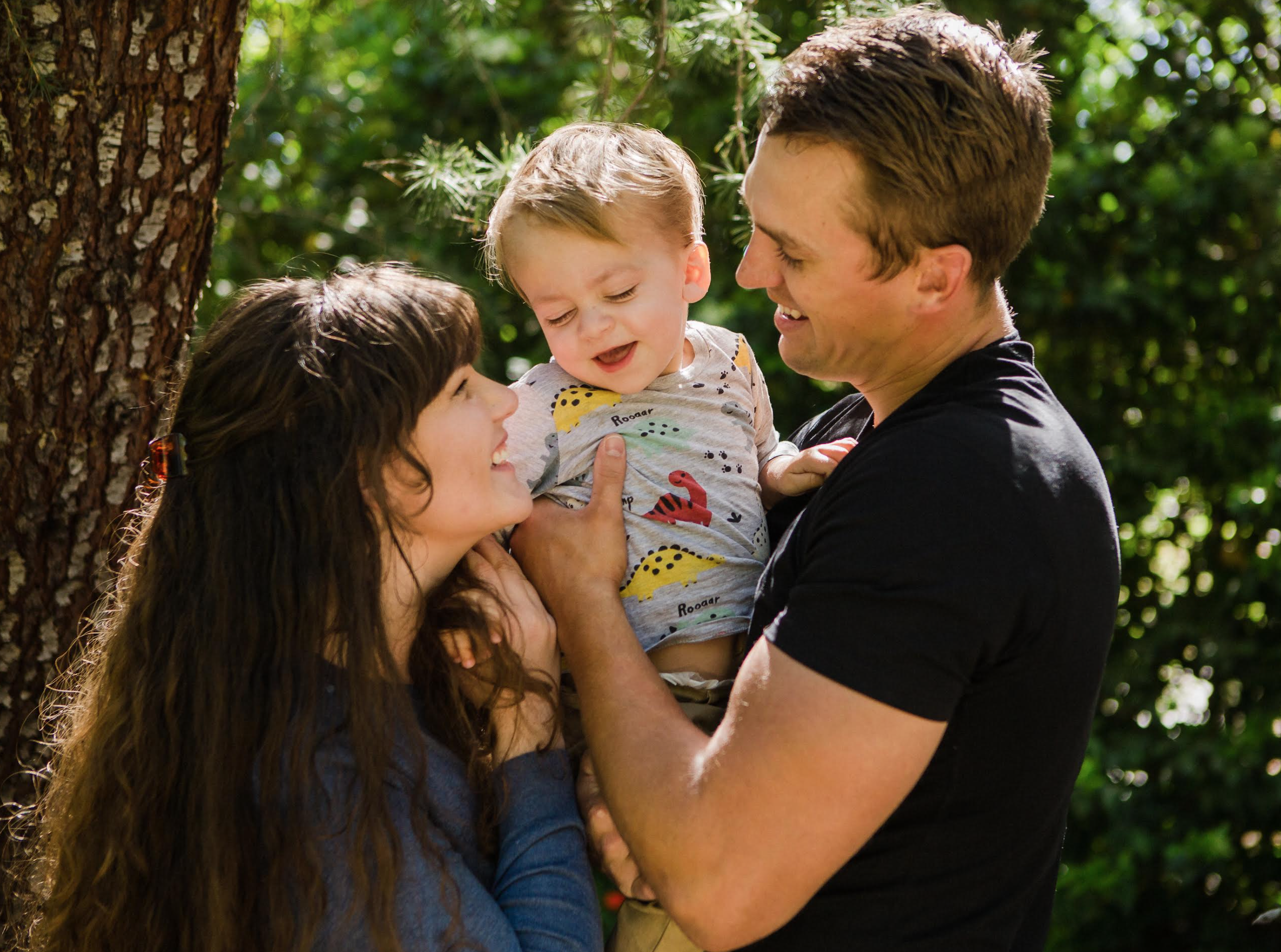
This is a situation about a family who is doing everything they can to save their son from a devastating disease. As a rare condition that doesn’t get much attention, it’s estimated that only 1 in every 250,000 newborns are affected there are only 5-10 newborns in the United States with Niemann-Pick Disease Type A (ASMD) at any given time, and 200 cases worldwide. The bad news right now is that there isn’t a cure, and the result is always fatal, as a genetic disease.
Finding Out Something No Parent Wants to Hear
No parent wants to find out that their child is ill. But that’s what happened to Damian’s family, who live in Newhall, California, this past January 2021. His mom started to notice that Damian, at a little over a year, started to fatigue easily and was experiencing some regression in his development. This normally happy-go-lucky baby who was on track with all those wonderful milestones, like rolling over, scooting around, crawling, and pulling himself up, suddenly stopped doing those things. A scary development.
That would be an alarming sign for any parent, and luckily, Damian’s attentive mom and dad, Brock and Brittany Markham, noticed that something was amiss right away. They decided to take him to the pediatrician who recommended a bounty of tests for Damian to go through. Some of those included multiple sessions of bloodwork, ultrasounds, other scans, and even an invasive biopsy.
The diagnosis soon became clear. It was the rare and genetic Niemann-Pick disease Type A (NPD-A), which is sometimes called ASMD. The disease affects many different parts of the body, as a lysosomal storage disorder, where the body can’t break down certain types of fats. Thus, undigested fat molecules and other digestive debris build up throughout the body causing harm. The symptoms vary in degree per person, but can bring on severe health issues.
About Niemann-Pick Disease in Damian
In Damian, his body specifically can’t break down the fatty substance, Sphingomyelin, which is accumulating in his cells, especially his liver and spleen. His brain is also affected, causing a type of neurodegeneration that is similar to how Alzheimer’s affects cognitive ability.
That’s why it’s vital that more treatment is developed through beneficial research and spreading the word about the need for funding, which is where the Wylder Nation Foundation comes into play. They are a 501(c)3 non-profit and are the only organization laser-focused on developing a treatment for infants with Niemann-Pick disease Type A.
How to Help With #Save Damian
Damian’s family wants to do everything they can to save their son, and also help the other children who are diagnosed with this deadly disease. The strides being made with research and treatment are getting so close to changing the outcome of the lives of these amazing children.
Damian today at 2-years-old is a delight. He loves to hear his mom sing to him, read books, and waves to anyone who walks by him at the park. Damian deserves a chance for a full and healthy life.
The Wylder Nation Foundation Needs Support
With all the work that the Wylder Nation Foundation has done since 2014, they have disrupted the traditional model of medical research that takes years to make any progress. By bringing together experts from various fields, and medical facilities all around the world, they are focused on providing a solution to this enormous mountain of medical difficulty, and their methods are working.
With efforts that are bordering on a major breakthrough with years of intensive research, the Wylder Nation Foundation is close to being able to treat Niemann-Pick disease more effectively. That’s why more awareness being spread with the end goal of additional funding will make their work able to help children around the world, and Damian too.
Hope is here for all the babies with this devastating disease. Spread the word, if you can, through any social media channels about what the Markham family is going through with #SaveDamian, and donate to the Wylder Nation Foundation through the family’s GoFundMe page. That’s the biggest and best way to help bring awareness to Niemann-Pick disease.

